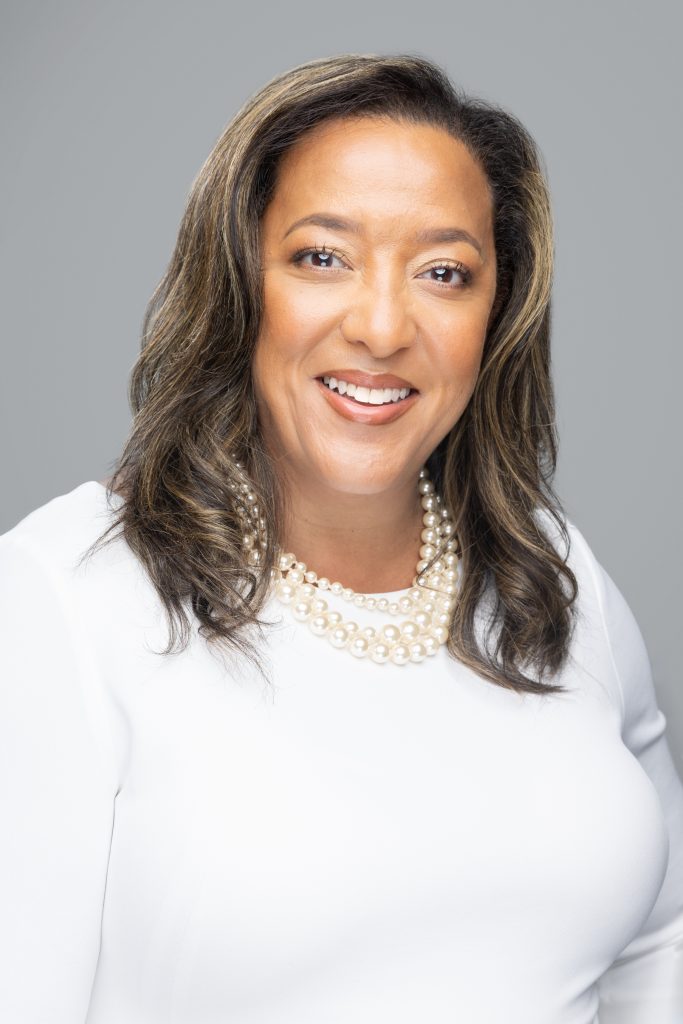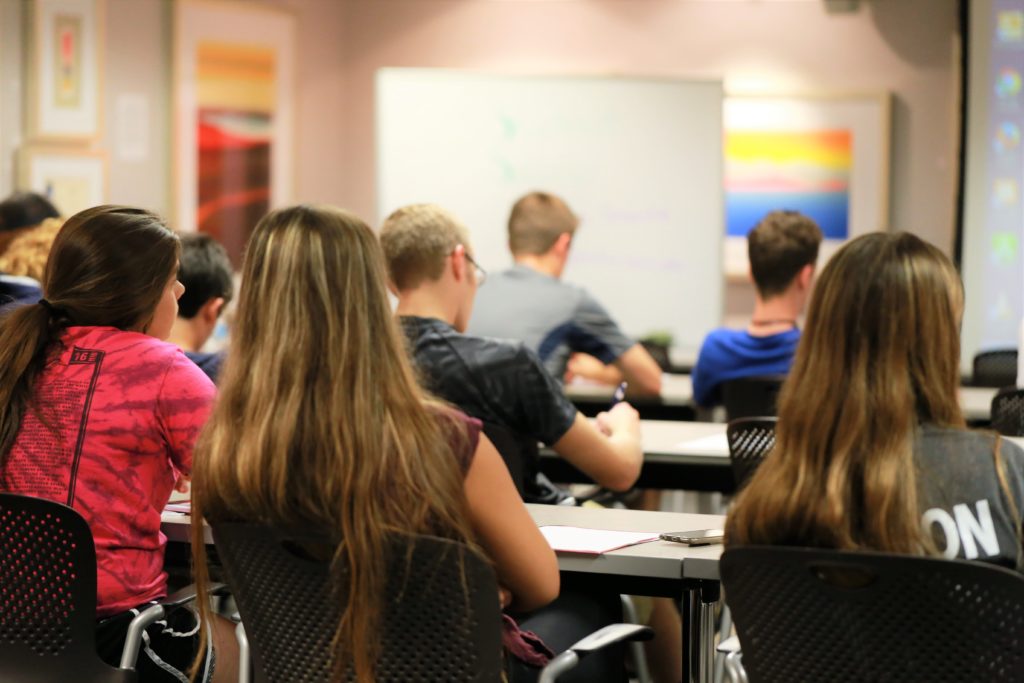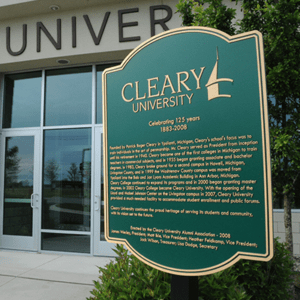From its earliest days more than a century ago, Cleary University paved the way for women to access and excel in higher education.
Cleary University has always been a pioneer in encouraging education for women. Now, the nationwide tides have turned and more women are on college campuses than men (read about it here).

This fall, Cleary is launching a new MBA focused on women’s leadership, with mentors from industry and field operations to support students, Reaves notes. They’ll be “defining what does it mean to bring diversity and inclusivity into the workplace, and how women play into that mix,” Reaves says.
Edie Reaves

Helen’s Circle Brunch
While this is technically a new program, Cleary has always had a forward-thinking, expansive notion of what is possible. Founded in 1883 by PR Cleary, an Irish immigrant who came from a challenging childhood, Cleary benefited over the years from Cleary’s wife Helen, who advocated for women to be admitted to what was then a school of penmanship.
Read more about Cleary’s early history here.
“At the time, being a secretary, or becoming a teacher or nurse, were the only opportunities available to women outside the home,” says Grace Farley, program director in Cleary’s Advancement department and an MBA Cleary graduate. “Helen Cleary was instrumental in directing the college in that way.”

Cleary’s forward-thinking leadership is honored by the Helen’s Circle philanthropy group, which brings women together to support students or faculty through grants. Farley chairs the Helen’s Circle today.
“We bring women together who are interested in giving back; most of them have some connection to the university,” Farley says. “Everyone contributes, and we get together to decide how best to use the money we raised in the form of grants.”

Women weren’t welcomed into educational settings until relatively recently. Historical perspectives on keeping women uneducated and in the home evolved once people realized that women influence their families, build a stronger society and effect change in positive ways with long-lasting impact, Farley says.
“I went to college and became a professional woman, but I didn’t realize until much later that people had to fight really hard to get those doors to open for me,” Farley relates. “Even today, women are not aware of all the battles we had to go through to try to get equal pay.”
Women Who Changed History
In 1883, Cleary’s first two students were women. Arvilla Sattler, who graduated from Cleary in 1930, told Farley in 2011, just after her 100th birthday, that her father had given her two choices: to get married or to attend the Normal College (the precursor to Eastern Michigan University) to become a teacher. Sattler didn’t like either option, so she kept looking until she found Cleary, which set her on a career in administration with the Washtenaw Water Board.

Arvilla Sattler
Another woman, Sara Dudley, who graduated in 2001, chose Cleary instead of blindly entering the family business. After she graduated, she “learned about how to target her market and improved the business significantly,” Farley says.
Angela Shelby, a 2009 Cleary grad, “received the exceptional contribution award and earned a magna cum laude recognition. She is now the statewide recruitment specialist at the Michigan Civil Service Commission.”
Another Cleary alumnus, Dianne Addington, graduated in 1992, went to work for Genisys Credit Union, oversaw a merger and later took the business from $159 million to $1.36 billion in assets as its CEO. When she retired, she created a leadership scholarship for students wishing to attend Cleary University.
Cleary Alumni Are Impactful
Another female Cleary alumnus, Margaret Kephart, who graduated in 1993, began her career as a receptionist at TIAACref and is now a senior VP at Retirement Income Solutions. She sits on the advisory board for the University of Michigan’s Center for Education of Women (CEW) where she piloted a financial education series for women.
Cleary not only welcomes women into the higher learning landscape, Farley and Reaves says. A Cleary education equips women with the tools to continue advancing the betterment of women in the world – which is good for everyone.
“It’s a cool moment in Cleary’s history and I think we’ll look back on this time and define it as a moment where we saw real shift and growth,” Reaves says.



